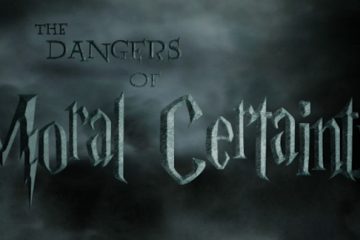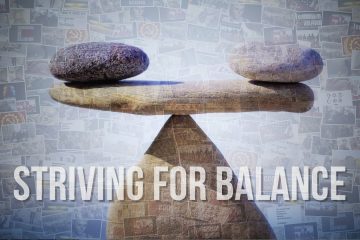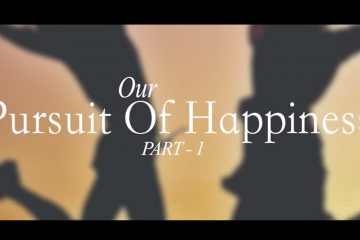Most of us believe that
1) it’s a fairly new that everyone is entitled to certain human rights and
2) when your rights are guaranteed you live a life of freedom – act according to their free will and take responsibility for their action. Well, we might be wrong about both. As far human rights, there have been traditions and documents of many cultures about rights and responsibilities.
However, they were probably not comprehensive enough in many ways. For instance, Hindus have Vedas since centuries, but even today, 160 million Dalits, or “Untouchables,” still suffer from egregious caste discrimination. There was the Babylonian Code of Hammu-rabi which in fact was 282 graded laws – which means they were not the same for all – and would vary depending on social status of slave versus free man or woman – it was the product of a system built on slavery and oppression of poor. There was the Analects of Confucius with three Confucian ideals which human rights gurus claim are incompatible with human rights.
The reason they cite are: Firstly, Confucianism sees the individual self as too closely tied to one’s role in social relations. Thus, there can be no talk of rights on account of simply being human.
Secondly, Confucianism gives priority to the common good over the individual good, which is incompatible with individual rights-claims. And thirdly, the Confucian ideal of harmony fosters virtues like concession and compromise, which also are at odds with individual rights claims. This video explains Islam’s framework for human rights and basic freedoms which guarantees that our rights are respected even if there is no state and institutions to safeguard our basic rights.
~ Abid Ullah Jan






















